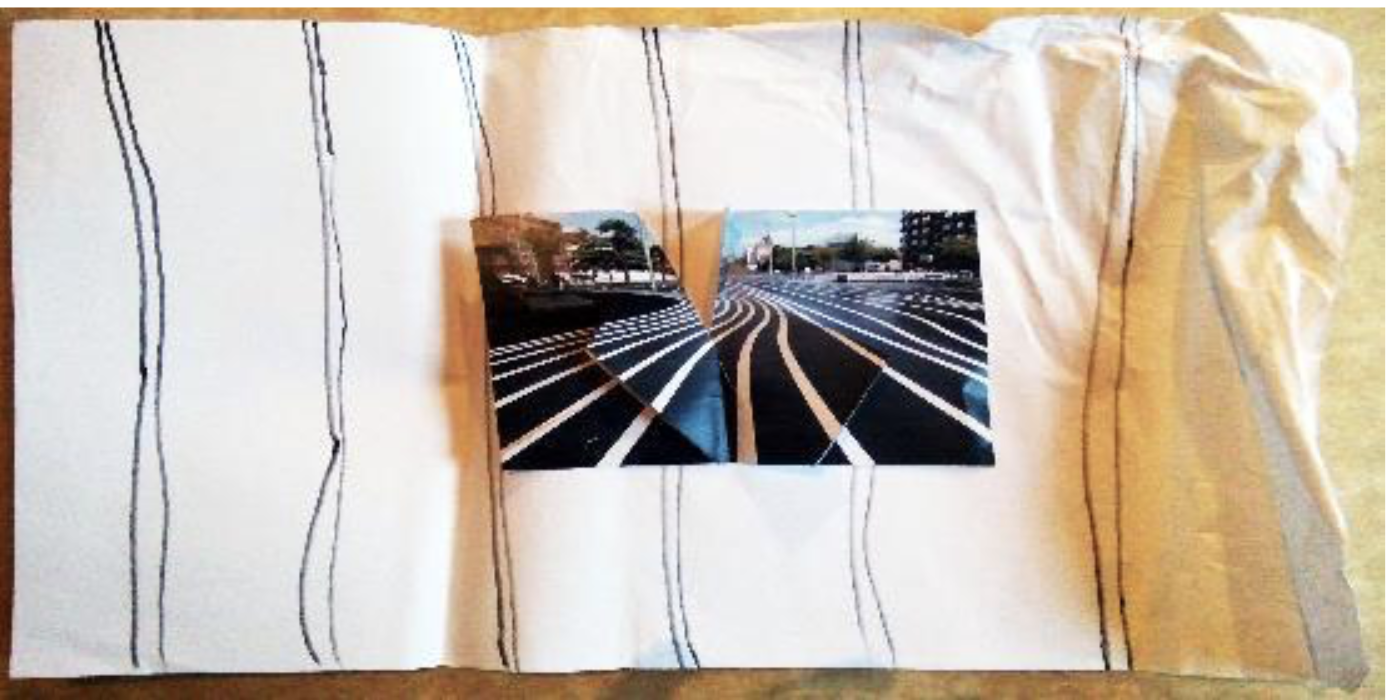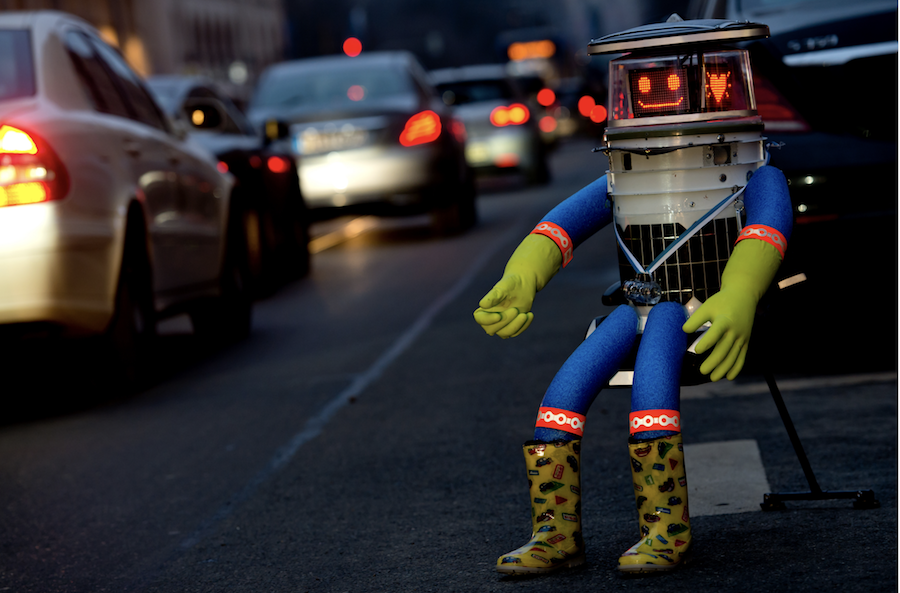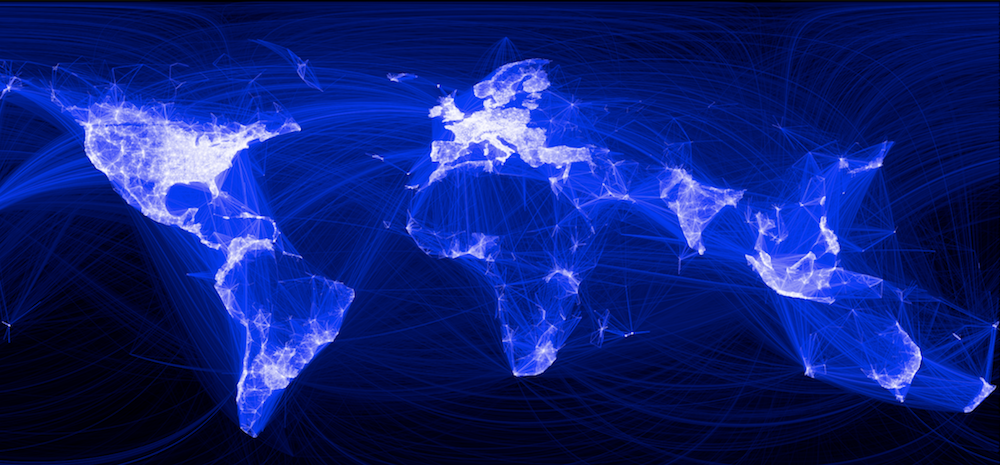April 2020: Due to COVID we have changed to an online format. See the revised programme.
Making Knowledge Methodology Seminars
In these seminars we explore experiences of research. We do this experientially and experimentally by working with our personal experiences of research. We engage and interact with the processes and results of our own research – and that of others. We emotionalize, sensitize, and intimize.
The underlying rationale is that carrying out research implies caring about research. It is a fundamental and necessary ethical stance to care about our own research and to have awareness of its potential societal impact.
If we don’t care, who will?
Experiencing research involves exploring the thinking, sensing and feeling that goes into the creative and analytical crafts of making knowledge. Some overlapping methodological themes, concepts and approaches that we engage with are: arts-based and artistic research, research creation, emotion as method, situated knowledges, ‘othered’ forms of knowing, bodily, nonverbal, rhetorical tactics, the fragment, and serendipity, as well as the psychophysiology of the interactions between the heart and brain.
Format
We will work towards generating a format, where we combine giving response to each other’s texts and doing creative work. We will make creative material throughout the seminars, to be gathered in one or more shared works for both academic and non-academic audiences. The default format for the seminar sessions is that everyone brings something as a response to the text of the day / At the seminar, we make a coherent assemblage out of the items / We document this co-created assemblage / We talk. The format is open for alterations and adjustments, if so desired by the participants.
Join us
Join us for the Experiences of Research: Making Knowledge Methodology Seminars at Experience Lab.
RUC affiliates as well as colleagues from other institutions are welcome. Students are welcome.
| Date | Time & Theme | ||
| Feb 20 | 12 – 2.45 Welcome to the Experiences of Research Seminars CONNIE SVABO [1] Emotions as method: Obtrusiveness and participant observation in public bureaucracies Anthropology / Public Health Care / Ethnography ERiC HAHONOU | ||
| March 5 | 12 – 2.15 [2] Drifting in Research: Homo Explorens and Open Inquiry Design Studies / Interaction Design / Designs for Learning MADS HØBYE | ||
| March 19 | 12 – 2.15 (3) The Heart Math Experience – Emotional Well-being and Physiological Coherence – Measuring and working with heart rhythm variability, coherence and other psycho-physiological states in research practices Psychology / Physiology / Health HENRIETTE CHRISTRUP | ||
| April 2 | 12 – 2.15 [4] Working from the middle: Context in curatorial research – fragments, rhythms, blind spots and splintered frontalities Artistic Research / Curatorial Research ANNE JULIE ARNFRED | ||
| April 16 | 12 – 2.15 [5] Sonic advances and retreats: artistic research, leaky acoustics, and a note on how care killed the cat Artistic Research / Curiosity / Sonic Strategies / Aesthetics/Ethics EDUARDO ABRANTES | ||
| April 30 | 12 – 2.15 [6] Care in/for/through/with Research: Translating Science / Art / Technology into Health Public Engagement with Science / STS JULIE BØNNELYCKE | ||
| May 14 | 12 – 2.15 [7] Exploring emotional Journeys: Migrant Knowledge Giving Emotional Interaction Design / Knowledge Sharing FERNANDO PALACIOS / CHRISTIAN JACQUEMIN / EMIDEKS TEAM (not yet confirmed) | ||
| May 28 | 10 – 4 [special event] : Sensory and Participant Museum Methodology Museological experiments with sensory ethnography and engagement RANDI MARSELIS and COLLEAUGES from Den Gamle By, Immigrantmuseet, ROMU, Dansk Jødisk Museum, Roskilde Universitet og Aarhus Universitet. Event organized by the VELUX project ‘Religion – Living Heritage’ and RUCMUS. Registration is necessary for this event. The event will take place at RoMU in Roskilde. The event will be in Danish. | ||
| June 18 | 12 – 6 [special event]: Experiences of Research [8] Performative Schizoid Method: Autotelic Activity in Borrowed Plumes (Or: pretending to be a peacock, when perhaps you are a jackdaw) Performance Research / Art-based Research / Working With Materials CONNIE SVABO Open Mike – Share your work |
Questions
Questions may be directed to Connie Svabo, Eric Hahonou, Eduardo Abrantes, Anne Julie Arnfred
Location
The default location is Experience Lab, in the basement of building 40. However, we may choose to work at other locations also, going semi-nomadic into RUCs ‘other’ spaces: gym, cinema, green areas, basements, bird-watching hammocks, kitchens. In alternative research experience ecologies, it may be interesting to explore alternative scenographies of knowledge.
You are welcome
Join us for the Experiences of Research: Making Knowledge Methodology Seminars at Experience Lab.





